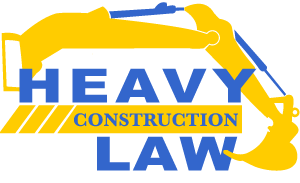Since Y2K, sureties for federal projects in Virginia have been unable to defend against bond lawsuits by asserting pay-if-paid or pay-when paid clauses. Now, sureties are also unable to rely upon no-damage-for-delay (ND4D) and owner-related disputes clauses.
Recently, the Federal District Court for the Eastern District of Virginia held that a Prime’s Surety could not use the ND4D clause to defend against a Sub’s Miller Act lawsuit. Neither was the Sub required to wait until resolution of delays that the Owner may have caused, despite an express subcontract provision requiring as much.
The Court held that “the subcontract cannot eliminate the right to payment altogether, or delay it, unless the subcontract does so in a manner consistent with the terms of the Miller Act.” The only consistent means of which this author knows, and which the Court endorsed, were interim payment waivers for work already performed. The Court likened ND4D clauses to prospective waivers, which the Court said are prohibited by the Miller Act (although no such language exists in the Act).
Roads & Bridges | All According to Plan
ALL ACCORDING TO PLAN | Exact Measurements Go a Long Way
In December 2013, a contractor agreed to replace four bridges for the […]
Roads & Bridges | Connecting the Dots
CONNECTING THE DOTS | Showing Causation in Contracting Cases is Critical
In this asphalt case, the prime contractor agreed to perform a $13 […]
Roads & Bridges | Liquidated Damages
LIQUIDATED DAMAGES | Penalties and What is Unenforceable
Liquidated damages typically flow from delays, but they are not always solidly enforced.
In June 2017, […]
Roads& Bridges | Warranty Provisions
WARRANTY PROVISIONS | Contracts must be interpreted thoroughly to avoid absurd results
You are responsible for things within your control. Be careful if […]
Roads& Bridges | The Agreed Price
THE AGREED PRICE | This case stands as a warning about pay-if-paid clause
History cannot be rewritten and a bad, but legal, […]
Roads& Bridges | Confusing Waters
CONFUSING WATERS | A Supreme Court ruling leaves room for ambiguity
What happens when there may be a “significant nexus” between “adjacent” and/or […]
Roads & Bridges | Authority Defined
AUTHORITY DEFINED | The Law of Agency is Important to Understand
For any project, this Russian proverb is helpful: Doveryay, no proveryay – […]
Jurisdiction is Power
Not bad power, but the ability of a decision-maker (e.g., court) to decide which side is right (or which is more correct). […]
Roads & Bridges | Defining Labor
DEFINING LABOR | How the Miller Act continues to shape the industry
In the late 1700s, risks of nonpayment caused a shortage of […]

Jonathan J. Straw
Blog Author
Contact Jonathan
Partner | KraftsonCaudle.com
Download Jon’s Bio











